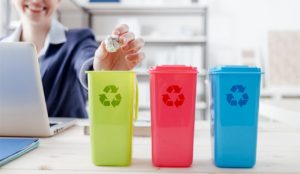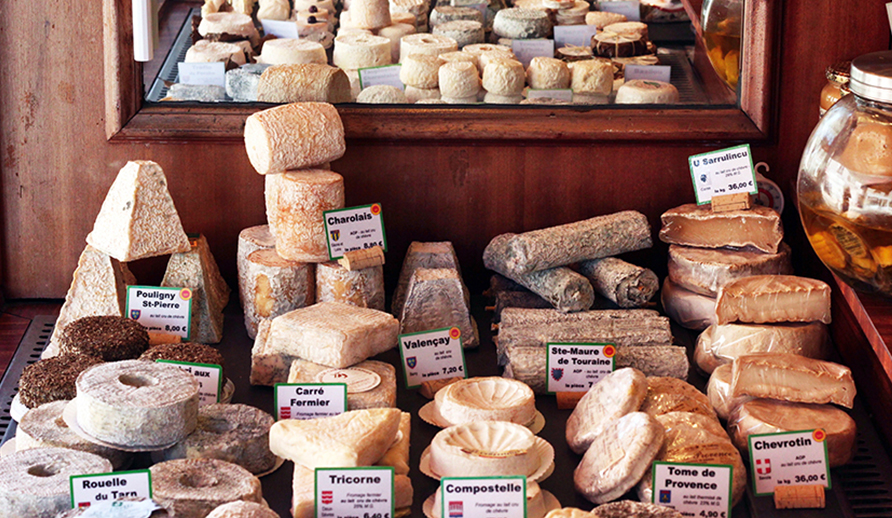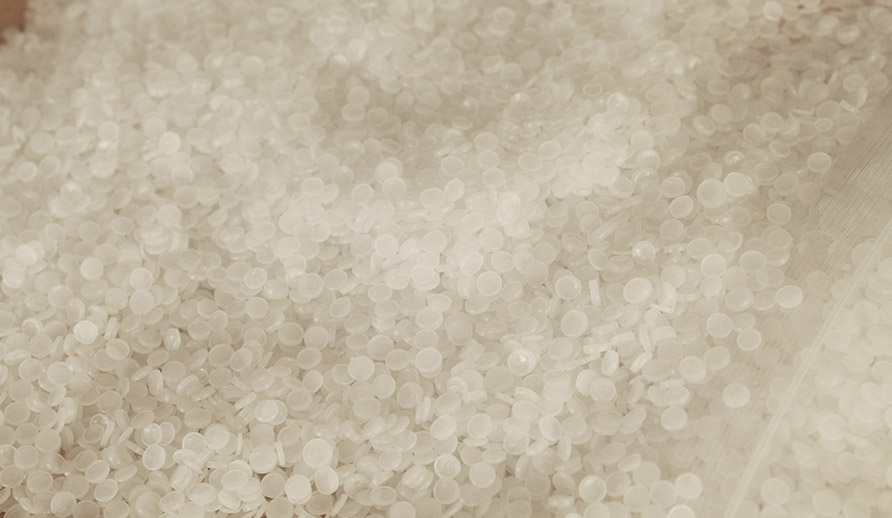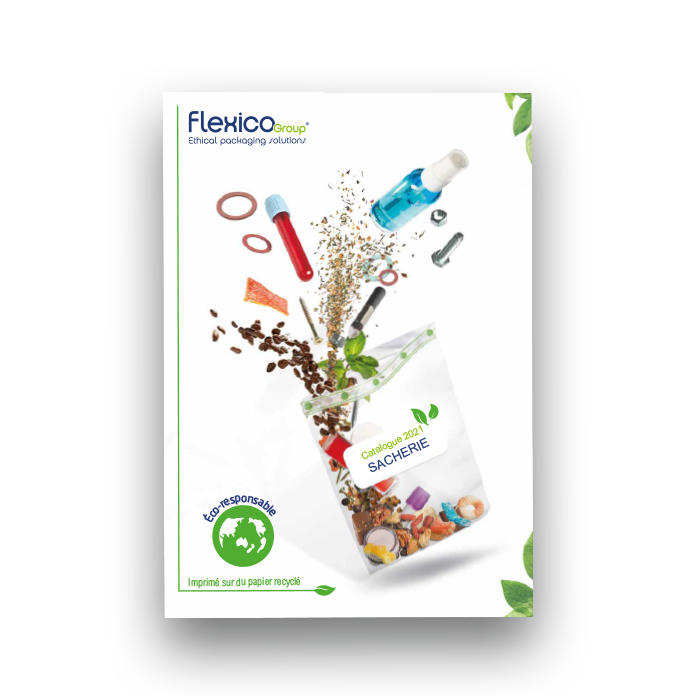
More than nine billion tons of plastic have already been manufactured worldwide since its accidental invention in 1835. However, only 9% has been recycled, the rest being either still used, incinerated, buried… or abandoned in nature! Moreover, Europe plans to stop landfilling plastics in 2025.
So, in this context, how can we face the double challenge of increasing the quantities of recycled plastics and finding new alternatives?
Plastic recycling: the balance sheet as of today
Recycling is the process of subjecting a product to a treatment in order to allow its reuse. Specifically for plastic, waste is sorted and crushed into flakes of different colors, which are then transformed into granules before being sent to recycling plants to live a new life.
According to 2018 figures published by Citeo, the new eco-organization that emerged in 2017 from the merger between Eco-Emballages and Ecofolio, only 26.5% of plastics are recycled in France. However, with the generalization of sorting instructions extended to all plastic materials in 2022, this figure is expected to rise sharply, especially since the French goal is to recover 100% of plastics by 2025.
To achieve this ambitious goal, it will also be necessary to improve collection and therefore sorting, as well as recycling processes. The eco-design of materials should also help to optimize this last point. Finally, the alternatives developed in this article will take their full dimension in this context.
Energy recovery from plastics
At the forefront of these alternatives is energy recovery. What is waste-to-energy? It is a type of incineration that creates heat and/or electricity, thus reducing the environmental impact of waste disposal.
According to PlasticsEurope, the European trade association representing plastics producers, recovering the non-recyclable or non-reusable portion of plastics into energy could produce 300 TWh (terawatt hours) of additional electricity compared to conventional production methods, the equivalent of about 300 coal-fired power plants or 70 million barrels of crude oil.
The reuse of plastic objects at the end of their life
A more virtuous alternative to recycling or incineration, even with energy recovery, the reuse of plastic objects is gaining momentum in Germany, which has implemented a deposit system on bottles, with a reuse rate close to 100%. However, in other countries, there is still a long way to go to match this score. Notably in France, the bill on the circular economy provided for a deposit on plastic bottles for recycling, as opposed to a deposit for reuse as in Germany. Unfortunately, the Senate refused this point. It must be said that many arguments were against it, in particular the fact that it would have favored the marketing of single-use plastic bottles, which is not desirable in the current environmental context.
The plastic divides the protagonists
But if the alternatives presented are future-oriented, the use of plastic raises questions and the different protagonists do not agree with each other. Indeed, replacing plastic in packaging, for example, would be even more harmful to the environment in terms of carbon dioxide emissions: other materials would be heavier and would therefore increase the consumption of vehicles during transport. In the end, even if these packaging plastics are not all recyclable, if they are used at the end of their life to produce energy, their life cycle remains more favorable than many other materials.
As for biobased plastics, even if they are sometimes presented as the best compromise, they face a number of drawbacks, which make them marginal in their ability to replace conventional plastics. For example, their recyclability is questionable and their plant origin creates a distortion in the demand for agricultural land, in the face of the ever-increasing needs of the population for food.
In conclusion, it seems that plastics from the petrochemical industry still have a bright future ahead of them. However, their use must be reasoned, their recycling optimized and alternatives developed.
To find out more about Flexico’s waste management policy, visit Flexico, an eco-responsible player.


